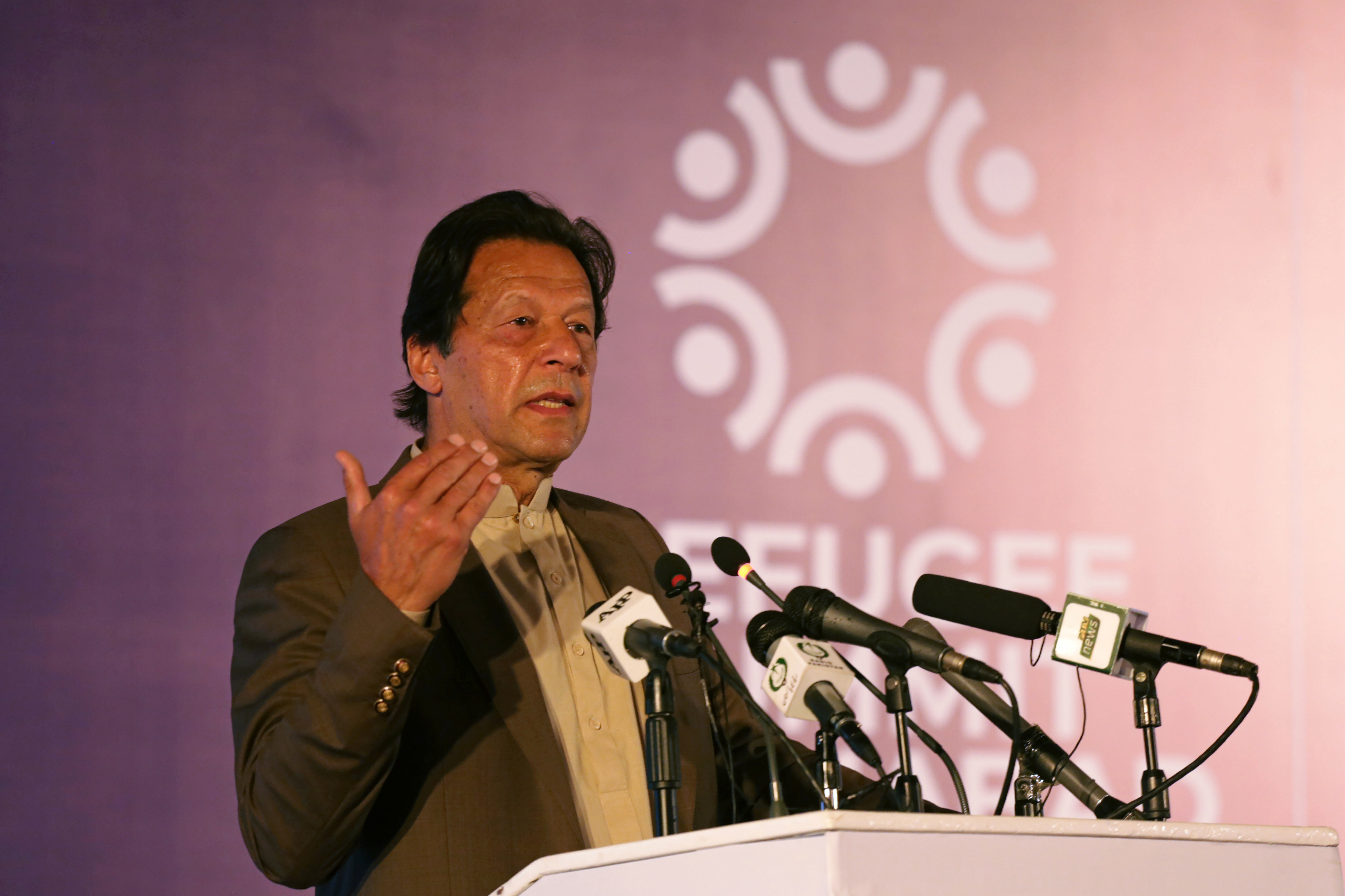There is no doubt that the approach of many belonging to other faiths has been changing for the worse where the Muslim community is concerned. In part, this is because of the way in which the most radical and extremist elements in a community 1.5 billion strong across the world are regarded in much of media and public discourse as “representing” the Muslims, when in fact they do not. Some of the blame for such a misperception must be shared by the moderate majority within the Muslim community. For too long they have remained less than vocal about the activities of the radicals and extremists, although this has been changing. Commentators within the Muslim community such as the articulate Rana Ayub have focused on the hostile reaction of some elements in India towards the Muslim community while paying very little attention to what is being done by extremists and radicals claiming to represent the noble faith that she herself belongs to. The fact is that both are sides of the same coin of hatred, and need to be considered together rather than in isolation. In the same way, those who ignore some of the actions of individuals in the majority community in India against elements of the minority are making the same error. That of not looking at both sides of the coin but seeing only a uni-dimensional image. The lynching of Pehlu Khan under suspicion of storing beef qualifies as an act of terror, and the perpetrators need to be proceeded against under the anti-terror laws. In a society seeking to make the transition to the 21st century, there can be no exceptions to the opprobrium that needs to be the consequence of manifestations of hate of any individual towards those of another faith. Although he was not successful, Mahatma Gandhi sought for much of his life to keep India united by pointing out that Hindus and Muslims are brothers and sisters to each other. Both have been created by the same universal force that is described in texts belonging to different faiths, including Hinduism, Islam and Christianity. RSS chief
There is a saying that those who talk of the mote in another’s eye ignore the log in theirs. Hate engendered by contempt for “the Other” has been mainstreamed in Pakistan by the efforts of the military to promote Wahabism. Cricket is assumed to be a gentleman’s game. When an ICC commentator talks of the victory of the Pakistan team over its Indian counterpart in terms of religious exclusivism and supremacy, an airing of such views feeds into the narrative that creates what is described as Islamaphobia. When Representative Ilhan Omar speaks of a law to outlaw criticism of her own faith rather than a law banning such an attack against any faith, she feeds into the narrative that the only concern is about one’s own faith and not that of society as a whole. Surely if criticism of Representative Omar’s faith is wrong, so should comments be about the faith of Representative Raja Krishnamurthy or Representative Liz Cheney. The conflating of India in a lurid light as a consequence of the dislike of many commentators about select politicians in the country is a disservice to a country that remained open to all faiths rather than retreat into an exclusivist shell in the manner that Pakistan did. Imran Khan does not have to go far to look into the origins of the narrative that has formed around Islamophobia. He will find it in the trajectory of his own country and in the words and deeds of his own ministers and party followers. We are not Muslim, Christian or Hindu first. We are all human beings.
MDN
Imran Khan and Islamophobia
इस शब्द का अर्थ जानिये
- Advertisement -

